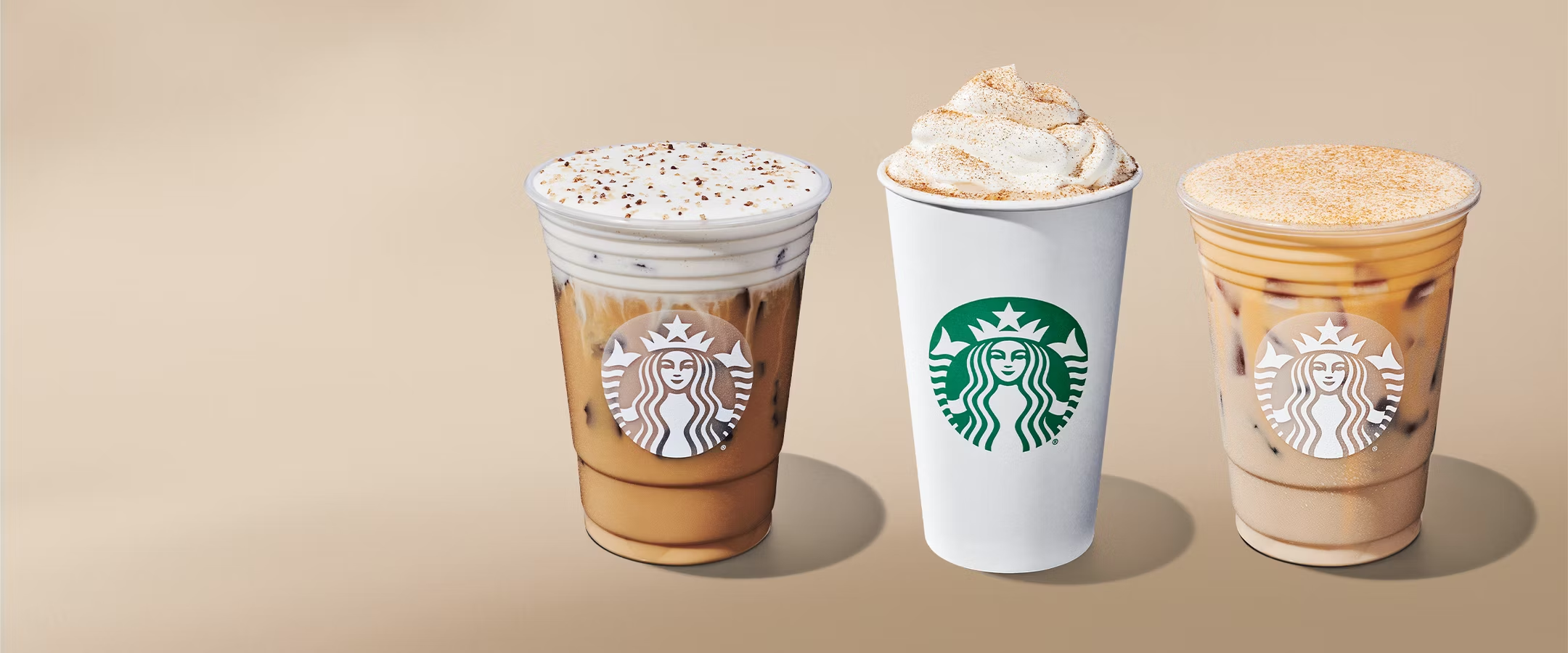
With the rising popularity of GLP-1 medications like Ozempic and Mounjaro, questions about their effects on gut health have intensified. As digestive health becomes a significant focus for consumers, food and beverage companies are challenged to adapt products to support those experiencing potential negative effects.
The increasing adoption of GLP-1 receptor agonists, medications intended for weight loss and the management of type 2 diabetes, is prompting a critical examination of their effects on gut health. Medications such as Ozempic and Mounjaro are known for aiding weight loss, but they also raise concerns about potential nutrient deficiencies and disturbances in gut microbiota. As the digestive health market surpasses even the demand for GLP-1 drugs, this intersection of medication and gut wellness presents both challenges and opportunities for food and beverage manufacturers.
Experts warn that while GLP-1 drugs promote weight loss by slowing gastric emptying and reducing appetite, they may inadvertently lead to lower nutrient absorption. This poses a risk of deficiencies, particularly in fiber and essential vitamins and minerals that support gut health. Additionally, altering gut microbiota could further complicate digestive issues for consumers using these medications.
In response to these developments, food and beverage brands are encouraged to focus on gut-friendly innovations. There is a growing market for products that feature clean label strategies, emphasizing transparency and natural ingredients. Ingredients high in fiber, probiotics, and prebiotic foods are gaining traction as consumers look for solutions that can mitigate the side effects associated with GLP-1 drugs. Therefore, manufacturers need to consider how their product formulations can help support gut health, while aligning with current trends towards healthier, more sustainable eating.
As consumer awareness increases, brands that proactively address these concerns may strengthen their market position. They have the opportunity to not only create products that help support a healthy gut among GLP-1 users but also tap into the broader health and wellness movement that prioritizes digestive health. The challenge will be to strike a balance between innovative formulations and consumer education, ensuring their offerings are both effective and appealing to health-conscious shoppers.
Key Takeaways
- GLP-1 drugs may lead to nutrient deficiencies.
- Consumer awareness of gut health is increasing.
- Food brands should innovate gut-friendly products.
- High fiber and probiotic options are in demand.
- Transparency in ingredients is crucial for success.
Source: confectionerynews.com. Read the original:
https://www.foodnavigator.com/Article/2025/09/06/how-do-glp-1-drugs-impact-gut-health/?utm_source=RSS_Feed&utm_medium=RSS&utm_campaign=RSS.








Leave a Reply